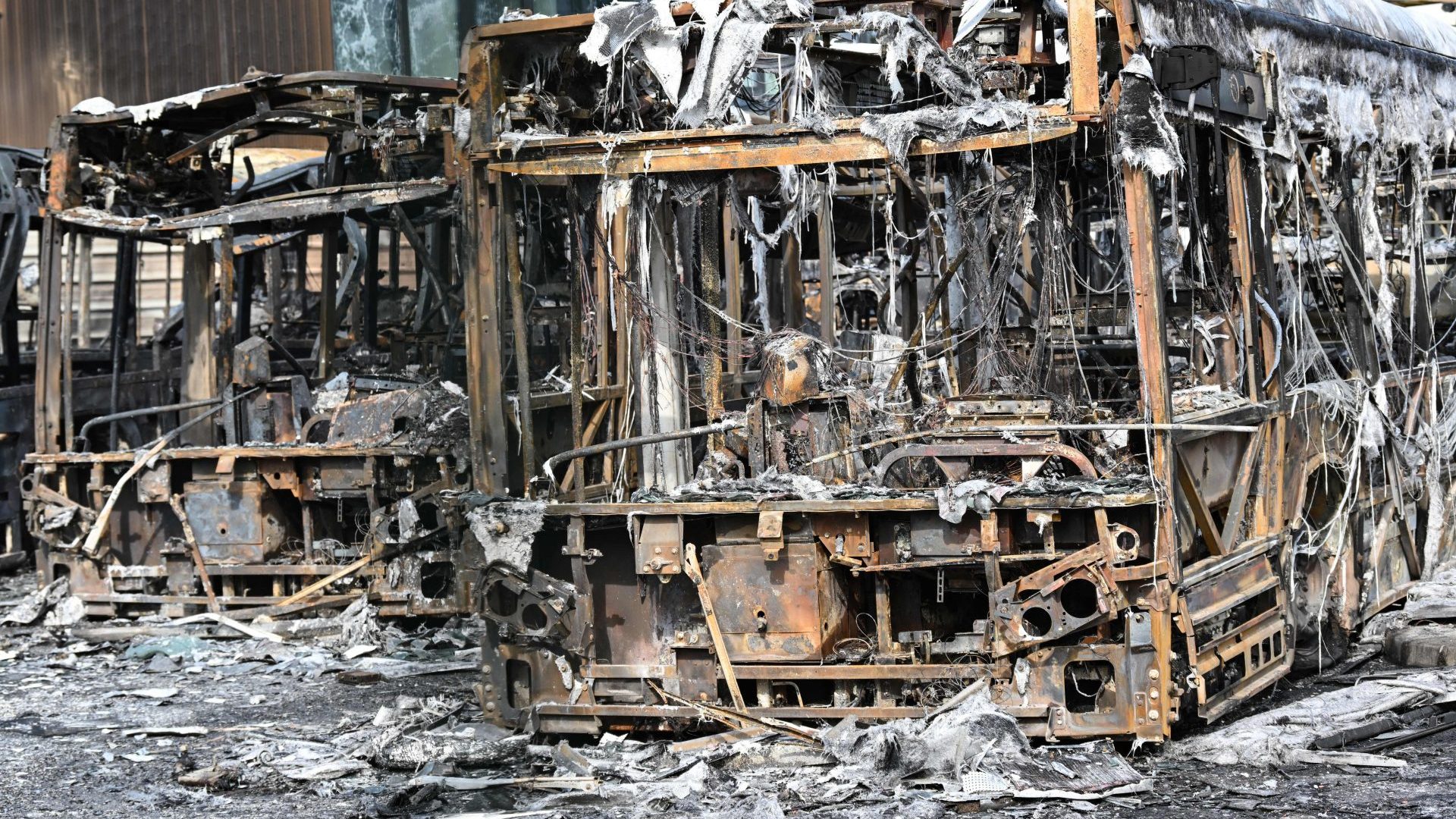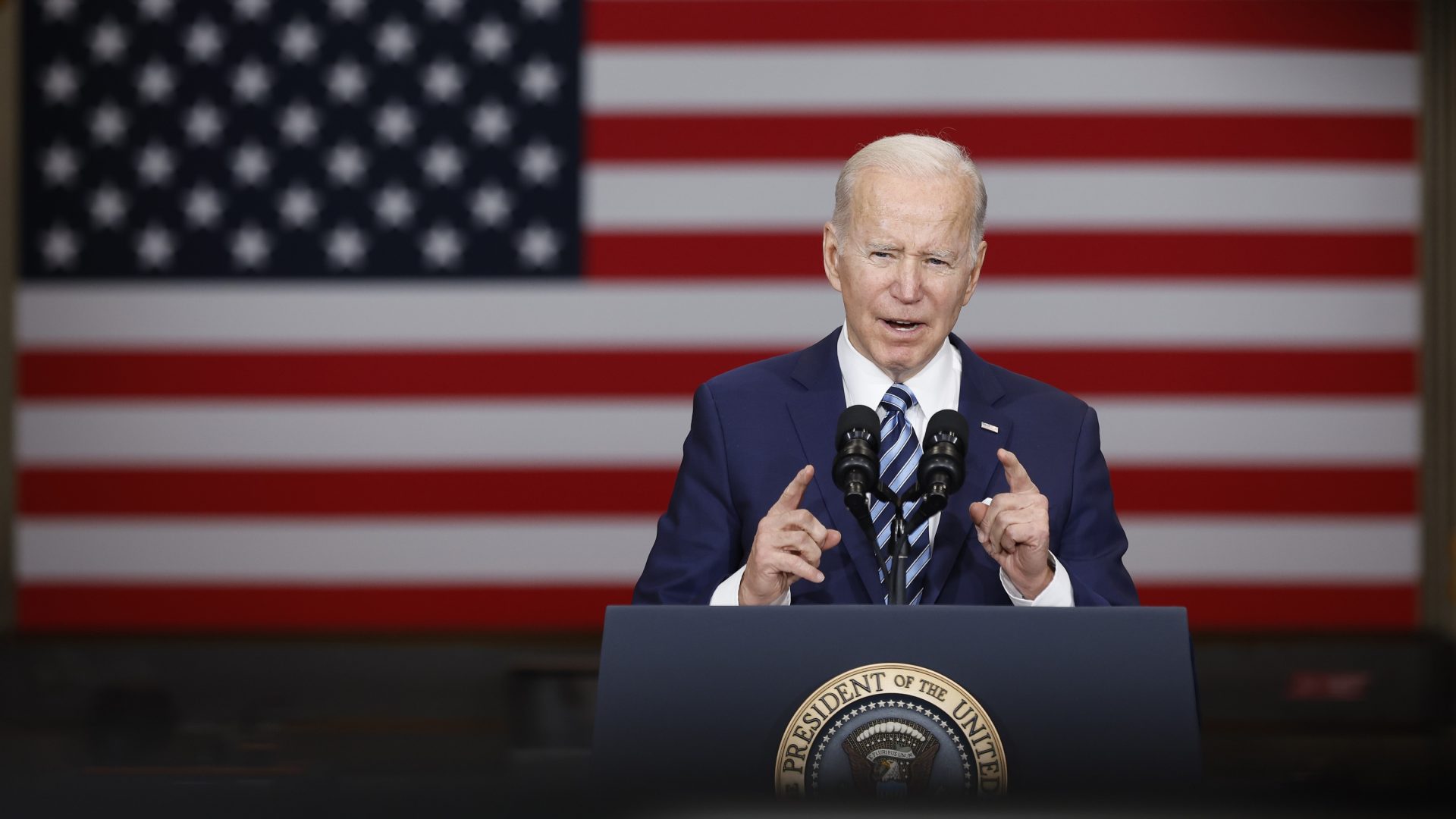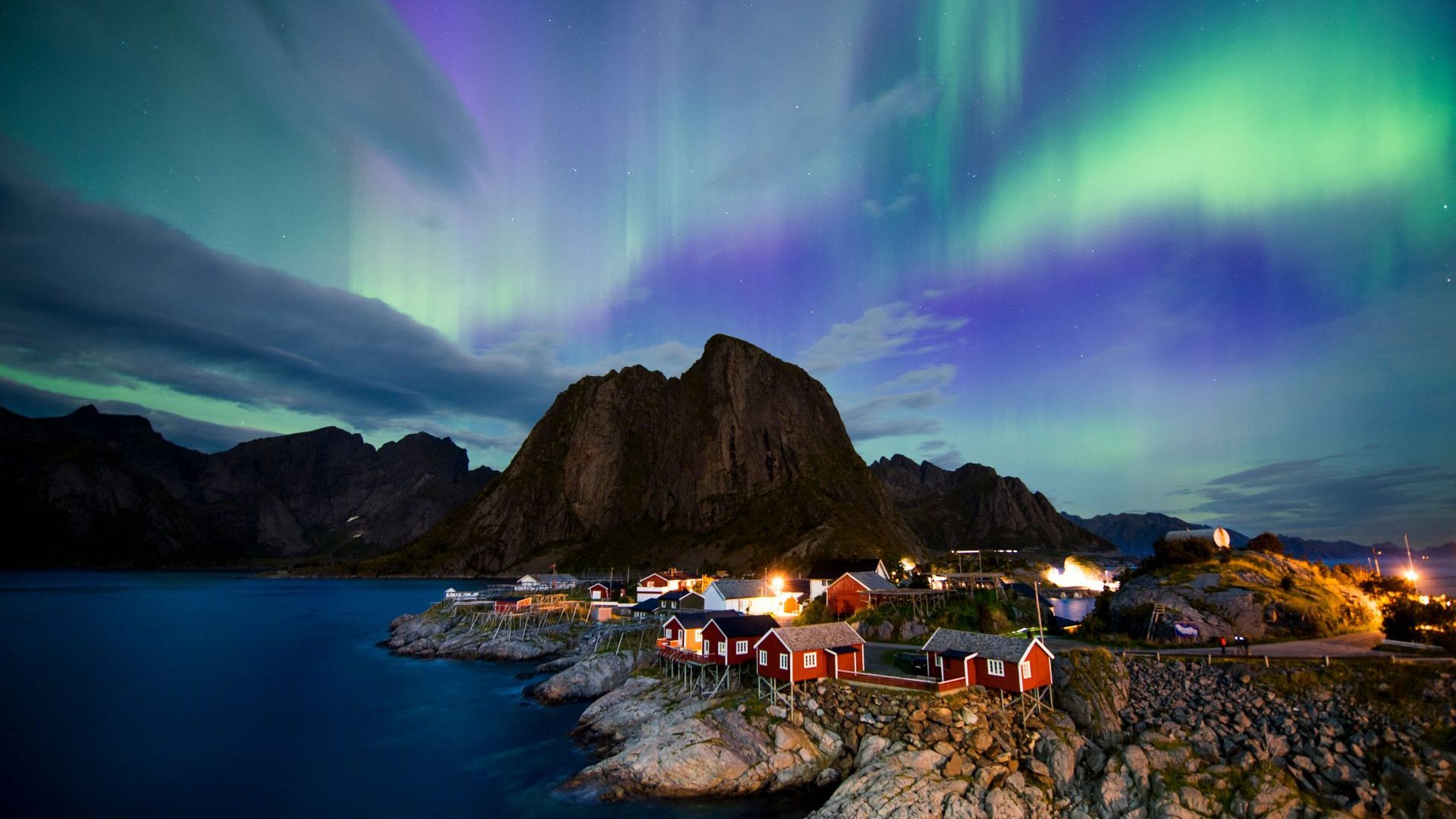On Thursday morning, on the way to the shops, I walked through the remnants of the destruction from the night before. Outside the enormous social housing estate at Mairie de Montreuil, the road had been dug up and the primary school had been smashed to bits.
Spray-painted on the windows of my bank were the words “RIP Nahel”, a reference to the 17-year-old who was shot and killed by a policeman. It was an incident that’s all too familiar for inhabitants of France’s housing estates – les banlieues. What happened in my neighbourhood is nothing compared to the chaos that took place elsewhere, notably in Nanterre, where Nahel lived and died.
Paris is a city that can change direction at hyper speed. From one week to the next, the entire atmosphere of the place can flip. Just one week earlier, the city felt like an optimistic place. Everyone had abandoned their responsibilities for the annual Fete de la Musique.
Every year on June 21, France marks the summer solstice by turning the entire country into what is probably the largest music festival in the world. Everyone, everywhere, celebrates for the sake of celebrating.
“It’s like Bastille Day but without all the nationalism,” a friend told me as she explained why it’s “easily, the best day of the year.”
On the day of the music festival, which has been running since 1982, the smoke from a large gas explosion in the 5th arrondissement was still visible overhead. The air was humid and the sky was threatening rain, but I took my chances and walked east along the Seine.
My first stop was Trocadero and the Eiffel Tower. As usual, the area was packed with tourists and opportunists selling trinkets and cheap wine. An American woman wondered out loud why there was a big stage set up on the Champs de Mars, the park south of the tower. She would find out soon enough.
From there, I walked through the posh 7th arrondissement towards Les Invalides where an eclectic-looking band played Jaques Brel covers outside Café Roussillon. Between songs, the frontman shouted orders for drinks through his microphone.
By the time I reached the Seine, the city was coming alive. In front of L’Assemblé Nationale on the edge of the river, dozens of people danced in front of an impressive swing group called Swing Cotton. I watched as the singer, without warning, stunned the crowd by breaking into a tap-dance frenzy.
Outside the Louvre, groups of impeccably dressed older French people lined up for Klaus Mäkelä and the Orchestre de Paris’s performance under the iconic glass pyramid.
After some ominous spitting, the sky cleared and the threat of rain subsided and I spent the rest of the evening bouncing between bars and DJs, watching performers from Mali, Iran and Morocco.
There was no sign of the friction that has since consumed the city. The optimism of last week has gone. In its place are polarised politics and deep frustration with the country’s powerful police force. Over 150 people have been arrested across the country now, and the streets are seething with anger. The energy and pride of Paris have turned to violence, fury and shame.



